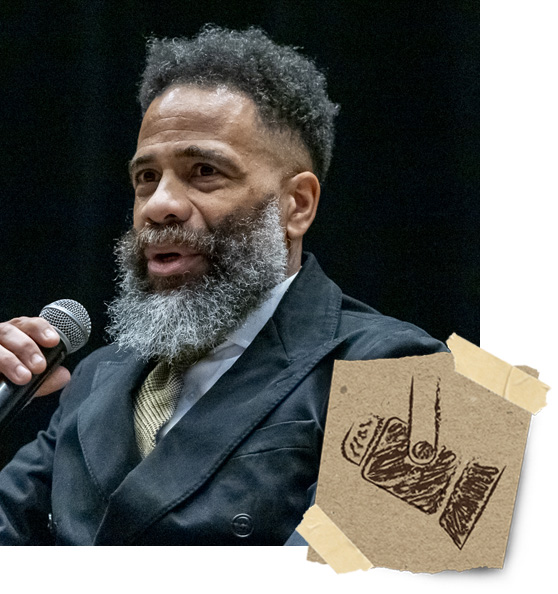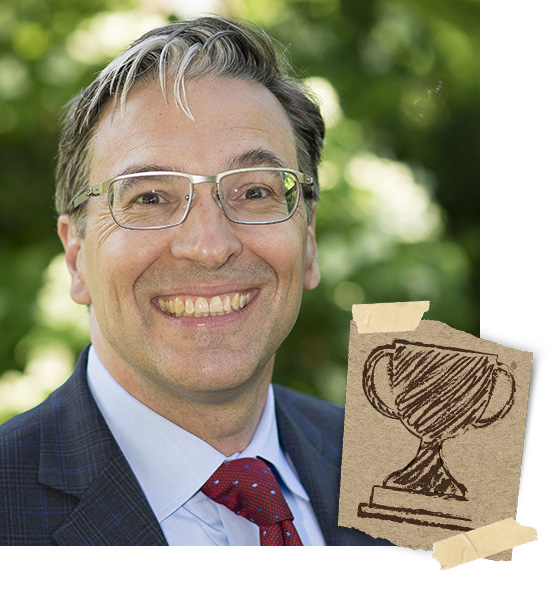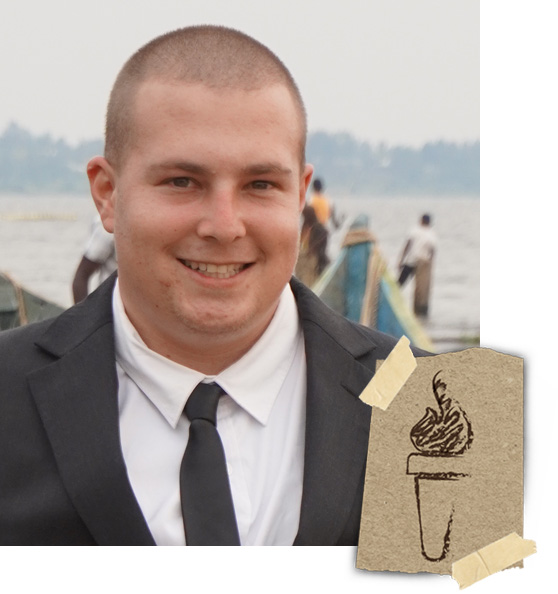Access Spotlight: Dr. Pero Dagbovie
August 19, 2025 - Emily Jodway
 During the month of August, we recognize the International Day for the Remembrance of the Slave Trade and its Abolition, celebrated each year on August 23. International Day for the Remembrance of the Slave Trade and its Abolition commemorates the start of the Haitian Revolution, a 1791 uprising by enslaved individuals in the Caribbean which played a crucial role in abolishing the transatlantic slave trade. This August, we also highlight individuals doing impactful work or research related to African history.
During the month of August, we recognize the International Day for the Remembrance of the Slave Trade and its Abolition, celebrated each year on August 23. International Day for the Remembrance of the Slave Trade and its Abolition commemorates the start of the Haitian Revolution, a 1791 uprising by enslaved individuals in the Caribbean which played a crucial role in abolishing the transatlantic slave trade. This August, we also highlight individuals doing impactful work or research related to African history.
Pero Dagbovie is a University Distinguished Professor in the Department of History, the Vice Provost for Graduate and Postdoctoral Studies, and Dean of the Graduate School. His research and scholarship centers on African American history and twentieth-century U.S. history. He is an alumni of Michigan State and has been a member of the Department of History since 2003.
Dagbovie was born and raised in Michigan, the son of two educators. Growing up, his parents taught for Cranbrook Schools in Bloomfield Hills. Dagbovie and his younger sister, who is also a professor, were surrounded by fellow teachers and their children, lived in Cranbrook faculty housing, and were able to attend school within the Cranbrook Educational Community cost-free. This upbringing left a large impact on Dagbovie, a realization he came to as he grew older.
“I know that our intellectual abilities and academic grit benefited from being in this community of educators, from being challenged to ‘aim high’ intellectually throughout our adolescence,” he said.
He also credits these experiences for leading him onto an academic path in his own life. “Looking back, I was in a sense socialized to be an educator and member of an educational community,” he explained. “I don’t think it’s a coincidence that my sister and I both earned PhDs with the goals of becoming university professors. We were brought up to value education and appreciate the power of teaching and helping others.”
Dagbovie originally began his undergraduate career at Kenyon College in Ohio. As his academic interests evolved and he turned toward the study of African American history, he realized he needed to transfer to a school with greater resources and specialization in this area. A visiting professor at Kenyon, Dr. Sharon Minor-King, first sparked his interest in African history and helped him come to this realization. He chose to transfer to Michigan State.
Dagbovie originally joined James Madison College and took courses related to Black political thought history. After taking a course in the history department with Dr. Harry Reed, he made the decision to change his major to history. He started taking as many courses as possible on African American history, life and culture.
Dagbovie’s interest in African American history is directly tied to his personal identity, family life, and rituals. At Michigan State, he enjoys researching the philosophy of history, Black intellectual history, the history of the African American historical profession, and the history of the University itself.
“I like trying to figure out why people said, did, and thought things in the past,” he said. “Another thing I really enjoy about the historian’s craft is being able to use the study of the past as a way to better understand contemporary times.”
Dagbovie describes himself as someone who enjoys sparking the desire to learn in others. In addition to teaching, he has also served in a number of mentoring and consulting positions. Growing up, he remembers former students often coming to his parents and reminding them of the impact they had in their lives. He sees the privilege of being an educator as twofold. “I view teaching as being powerful,” he said. “It can help students learn more about themselves and their minds. It can help teachers learn how to improve their communication skills and patience.”
To be a good mentor, Dagbovie explains, requires the ability to place the goals and best interests of the person being mentored at the forefront of his efforts. “Being an effective mentor, I think, means helping someone reach their potential, helping them problem solve, working their way through making decisions, and making it through challenging times.”
African Americans have been establishing their own historical recognition celebrations since the early 1920s, Dagbovie explained. Carter G. Woodson, known as the ‘Father of Black History,’ and his colleagues started ‘Negro History Week’ in order to raise Americans’ awareness of the contributions of African Americans to US history and culture and to integrate African American history into public school curriculum. Later on, he endorsed the creation of ‘Negro History Year.’ Both of these celebrations remind us of the importance of recognizing the value of Black history as a part of American history as a whole. The same can be said for International Day for the Remembrance of the Slave Trade and its Abolition.
“When UNESCO established this commemoration nearly thirty years ago, they were seeking to raise the international community’s awareness of historical phenomena’s legacies. James Baldwin perhaps put it best sixty years ago when he said, ‘We carry our history with us,’ and whether we like it or not, it’s always present in our unconsciousness and shapes who we are and our worldview.”
Honorees’ views are their own and do not necessarily reflect those of the College of Social Science.
Read more:

Access Champion
Faculty/Staff
Dr. Walter Hawthorne
Dr. Hawthorne is a scholar of the Atlantic World and Director of Enslaved.Org, one of the largest publicly available databases of people involved in various aspects of the global slave trade.

Access Torch
Student
Zachary Levy
Zachary Levy is a History department graduate student whose work focuses on the slave trade and enslaved people of eastern Africa.

Access Matters
We strive to cultivate an inclusive and welcoming college environment that celebrates a diversity of people, ideas, and perspectives.

